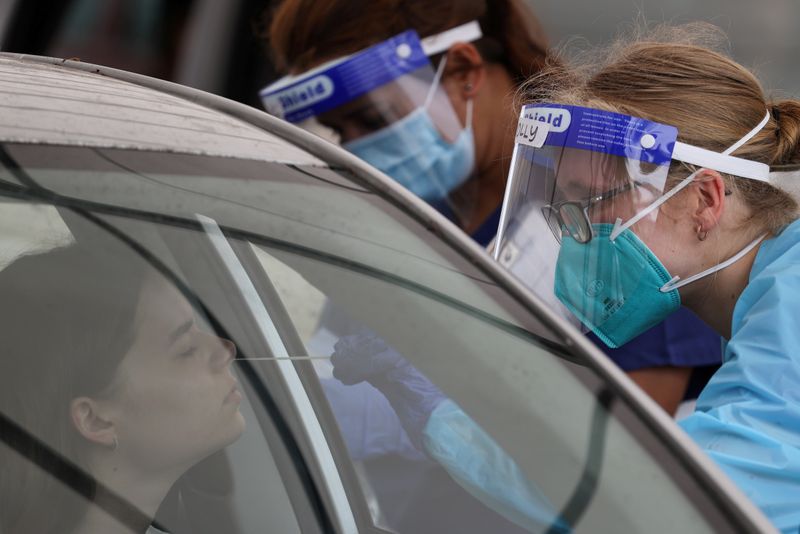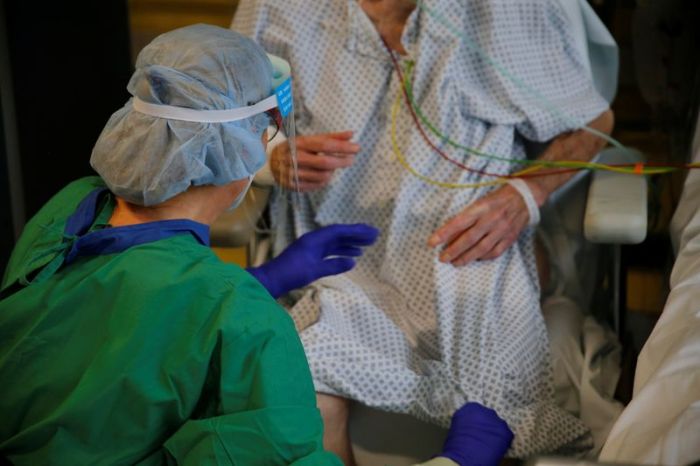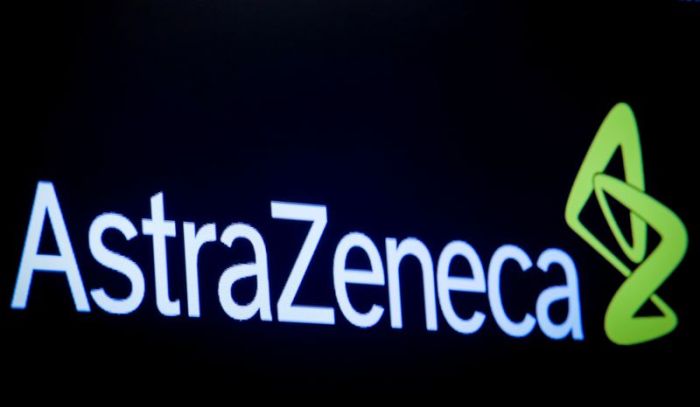(Reuters) – Here’s what you need to know about the coronavirus right now:
WHO calls meeting on new virus variant
The World Health Organization (WHO) will convene a meeting of members to discuss strategies to counter a new, more infectious coronavirus strain that emerged in Britain, its European chief said.
“Limiting travel to contain spread is prudent until we have better info. Supply chains for essential goods & essential travel should remain possible,” WHO Regional Director Hans Kluge tweeted.
The Geneva-based body has cautioned against major alarm, saying the variant is a normal part of a pandemic’s evolution and praising Britain for detecting it.
In a statement, it repeated that there was not yet enough information to determine whether the new variant could affect vaccine efficacy.
Trucks stuck in queues up to the horizon in England
The United Kingdom was stuck in COVID-19 isolation after much of the world cut off travel ties due to a highly infectious new coronavirus strain, halting one of Europe’s most important trade routes just days before the Brexit cliff edge.
With queues of trucks snaking to the horizon and supermarket shelves stripped just days before Christmas, Prime Minister Boris Johnson scrambled to get French President Emmanuel Macron to lift a ban on freight from Britain.
British supermarkets are facing record Christmas demand due to COVID-19 restrictions on the hospitality industry and on travel, and there were fears of panic buying.
Johnson and his advisers said the mutated variant of the novel coronavirus, which could be up to 70% more transmissible, was spreading rapidly but that it had been identified because British scientists were so efficient at genomic surveillance.
The BBC cited France’s Europe Minister Clément Beaune as saying that Britain and France would announce a deal to restart freight by Wednesday.
BioNTech-Pfizer vaccine heads to EU as effectiveness against new strain tested
BioNTech is testing the effectiveness of the COVID-19 vaccine it developed with Pfizer against a highly infectious new strain of the coronavirus as it prepares to send 12.5 mln doses to EU countries by the end of year.
The European Union is gearing up for a vaccination campaign of unprecedented scale following regulatory approval for the shot on Monday.
With two shots administered three weeks apart, the supplies are enough to vaccinate 6.25 million people in the bloc.
BioNTech Chief Executive Ugur Sahin said the company was testing whether the vaccine is effective against the variant strain and expects results in the next two weeks.
After months of inaction, U.S. Congress approves $892 bln COVID-19 relief package
The U.S. Congress on Monday approved an $892 billion coronavirus aid package, throwing a lifeline to a pandemic-battered economy after months of inaction, while also keeping the federal government funded.
After days of furious negotiation, both legislative chambers worked deep into the night to pass the bill – worth about $2.3 trillion including spending for the rest of the fiscal year – with the House of Representatives first approving it and the Senate following suit several hours later.
The virus relief bill includes $600 payments to most Americans as well as additional payments to the millions of people thrown out of work during the COVID-19 pandemic, just as a larger round of benefits is due to expire on Saturday.
The stimulus package, the first congressionally approved aid since April, comes as the pandemic accelerates in the United States, infecting more than 214,000 people every day and slowing the economic recovery. More than 317,000 Americans have died.
President Donald Trump is expected to sign the package into law.
(Compiled by Kevin Liffey; Editing by Alex Richardson)

























